do cats need shots at 1 year
When administered to an animal they train the immune system to protect against these infectious. This vaccine is valid for 1 year after its first administration.
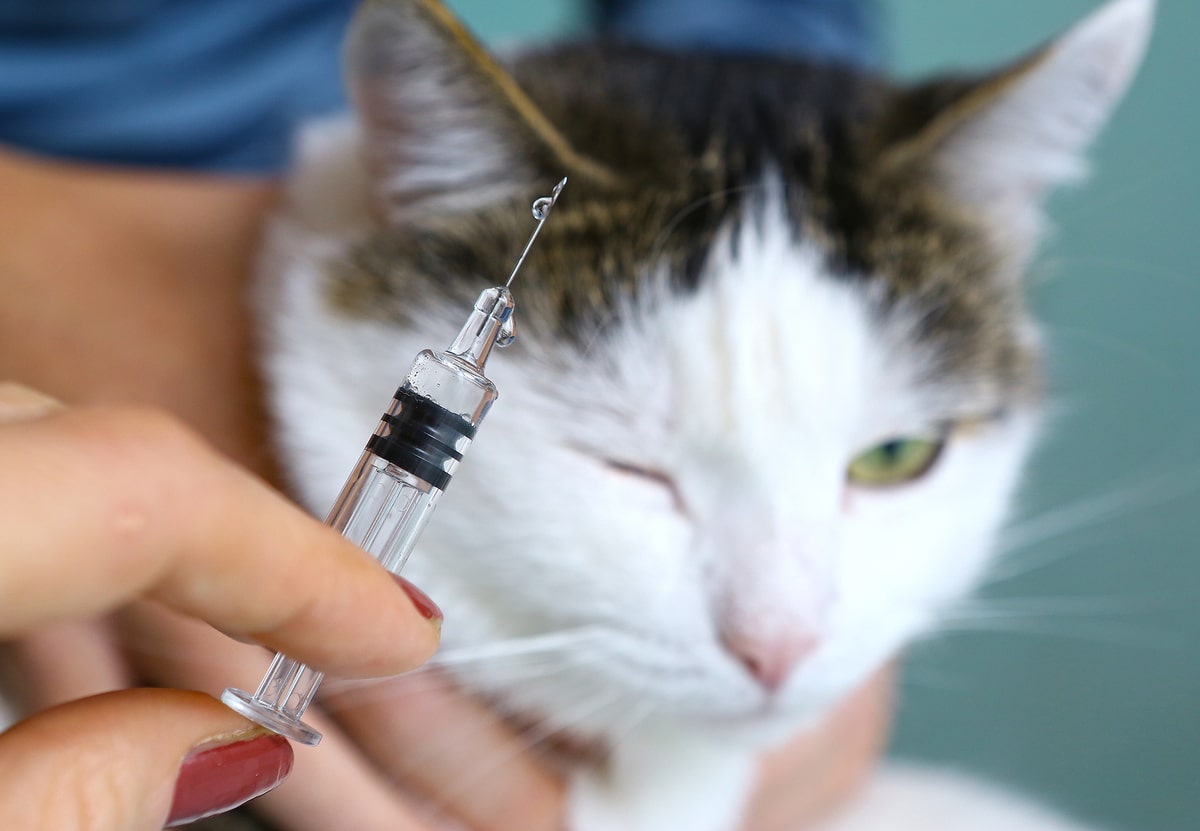
How Often Do Cats Need Shots Forever Vets
I do not recommend that any cat receive subsequent boosters any more often than every three years.

. A booster should occur at one year of age. The cost of kitten vaccinations will depend on several factors including where you live which veterinary clinic you go to which vaccine you get etc. Canine Parvovirus Distemper Virus and Adenovirus-2 Vaccines.
Adult cat vaccinations 1 2 3 An adult cat who has received a primary vaccination course will require the core vaccination every 1-3 years depending on the duration of immunity provided by the vaccine your veterinarian uses and the cats individual circumstances. In the past veterinarians recommended booster vaccinations for cats on a yearly basis. When to give vaccines.
Suggested Articles Need for Rabies Vaccination for Indoor Cats Feline Leukemia Virus Feline Immunodeficiency Virus Feline Infectious Peritonitis Vaccines are preparations that resemble infectious agents like bacteria or viruses but are not pathogenic disease causing. Individual vaccinations for kittens can cost anywhere from 20 to 45. Vaccinations for cats As it relates to our feline companions there are no state-required cat.
I recommend starting vaccinations at about 8 weeks of age continuing until the kitten is 4 months old. For initial puppy vaccination 16 weeks one dose of vaccine containing modified live virus MLV CPV CDV and CAV-2 is recommended every 3-4 weeks from 6-8 weeks of age with the final booster being given no sooner than 16 weeks of age. According to the American Association of Feline Practitioners AAFP the core vaccines those that are recommended for ALL cats are feline panleukopenia virus FPV feline herpesvirus-1 FHV-1 and feline calicivirus FCV as well as.
To begin with your kitten will need two vaccinations three weeks apart. After this cats are eligible for a 1 year or a 3 year vaccine. Most kittens are weaned by around 8 weeks and receive their first vaccinations around the age of 6 to 8 weeks.
There are a number of non-core feline vaccines available but most are not widely recommended. Typically this vaccine is given yearly or every three years. Puppies need a booster 1 year after completing the initial series then all dogs need a booster every 3 years or more often.
On average your cats core vaccines alone without the office visit charge can cost 40 to 80 for the first years worth of shots. For example protection against feline leukemia lasts one year and requires a yearly booster while protection against cat flu lasts for three years. For dogs older than 16 weeks of age two.
Until your kitten is fully vaccinated and neutered. Adult cats need shots less often usually every year or every 3 years depending on how long a vaccine is designed to last. After this kittens and cats usually need booster vaccinations once a year.
The non-core costs range from 15 to 20 for the year. Kittens should start getting vaccinations when they are 6 to 8 weeks old until they are about 16 weeks old. Many owners of indoor cats elect a 5-7 year period.
Most vets will want to complete a physical exam before vaccinating your pet adding another 50 to 100 to the total cost. However as research into vaccines progresses recommendations for booster frequency continue to evolve. According to the American Society for the Prevention of Cruelty to Animals ASPCA kittens take in disease-fighting antibodies from the mother cats milk when they nurse.
And if youre about to adopt a cat some rescues and shelters will include the costs of the vaccines he already got in your cats adoption fees. The rabies vaccine and the combination vaccine FVRCPthis vaccine protects against Feline Viral Rhinotracheitis feline herpes Panleukopenia virus feline distemper and Calicivirus. They will need two doses of the core vaccination 34 weeks apart.
Most cats will get booster shots every one to three years. These tend to be at 9 and 12 weeks old and in some cases a third injection may be necessary at 15 weeks. Rabies - This vaccine schedule varies depending on the vaccine type and your vets recommendations.
The appropriate interval for boosters will vary with individual circumstances and vaccine type. How often your cat needs booster shots will depend on the type and brand of vaccine your cat receives. Your kitten will be fully protected 3-4 weeks after their final injection and will stay protected for a year at which point they will need their first adult booster.
Spread via coughs and sneezes. Every responsible cat parent is right to make an informed decision about whats best for their pet as an individual. Feline Panleukopenia Distemper - After the first couple of doses vets may recommend that your cat be boosted with this vaccine after 1 year and then every 3 years after.
Do cats need 1 year shots. Kittens are generally vaccinated once around 4 months of age or within their first year of life. You can talk with your vet to find out your cats recommended vaccine schedule.
How many vaccines do cats need. 2 doses 3-4 weeks apart. Recent studies have demonstrated that some viral vaccines.
There are two other vaccines that are in common use. Vaccines for Indoor Cats There are two primary vaccinations your indoor kitty will need to stay healthy throughout her life. Boosters will continue to be given every three to four weeks.
Your kitten will need two sets of vaccinations to get them started - their first set at nine weeks old and a second booster set at three months old. Vaccines Do More Harm Than Good. Knowing how often your cat needs his vaccines is super important because staying up to date with those.
Administered at 6-8 weeks of age then every 3-4 weeks until 12-14 weeks old. The shots come in a series every 3 to 4 weeks. Then they must be boostered a year later.
According to the American Association of Feline Practitioners AAFP the core vaccines those that are recommended for ALL cats are feline panleukopenia virus FPV feline herpesvirus-1 FHV-1 and feline calicivirus FCV as well as Rabies. The FVRCP is the most important vaccine kittens receive.
/adult-cat-vaccination-schedule-4846632_V4-ff36ccb34d74410d9652b4307a26e8b3.png)
What Is The Average Adult Cat Vaccination Schedule

Bella Is Adoptable Through Muskoka Animal Rescue Volunteer Group She Is A Housetrained Healthy 1 Year Old Tuxedo Cat Wit Tuxedo Cat 1 Year Olds Hair Lengths

How Does A Kitten Change From 6 Months To 1 Year Of Age 6 Month Olds Old Cats Pet Daycare
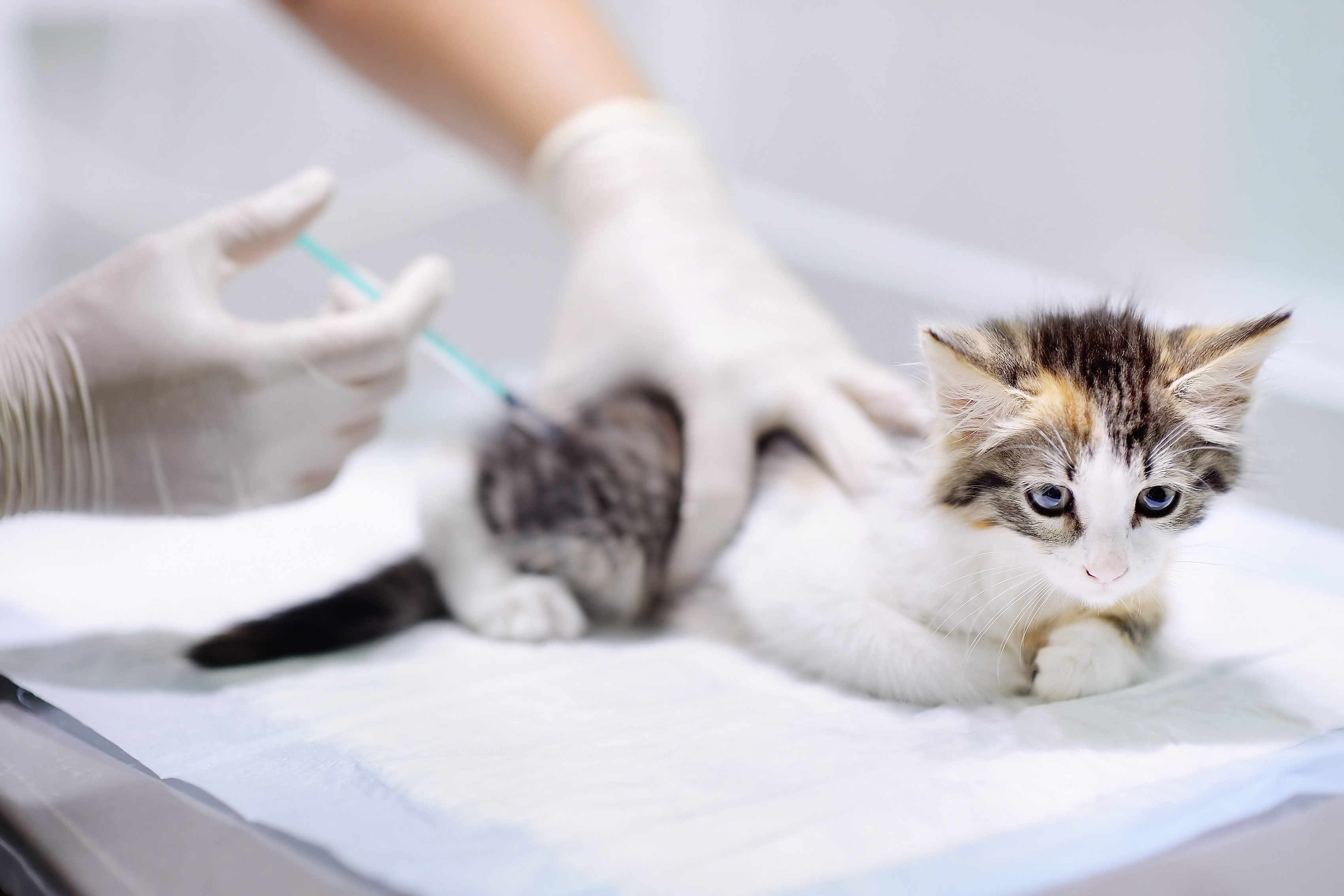
Rabies Vaccinations For Indoor Cats Friendship Hospital For Animals

Lost Kitten Ch 1 Cat Years Cats Animals
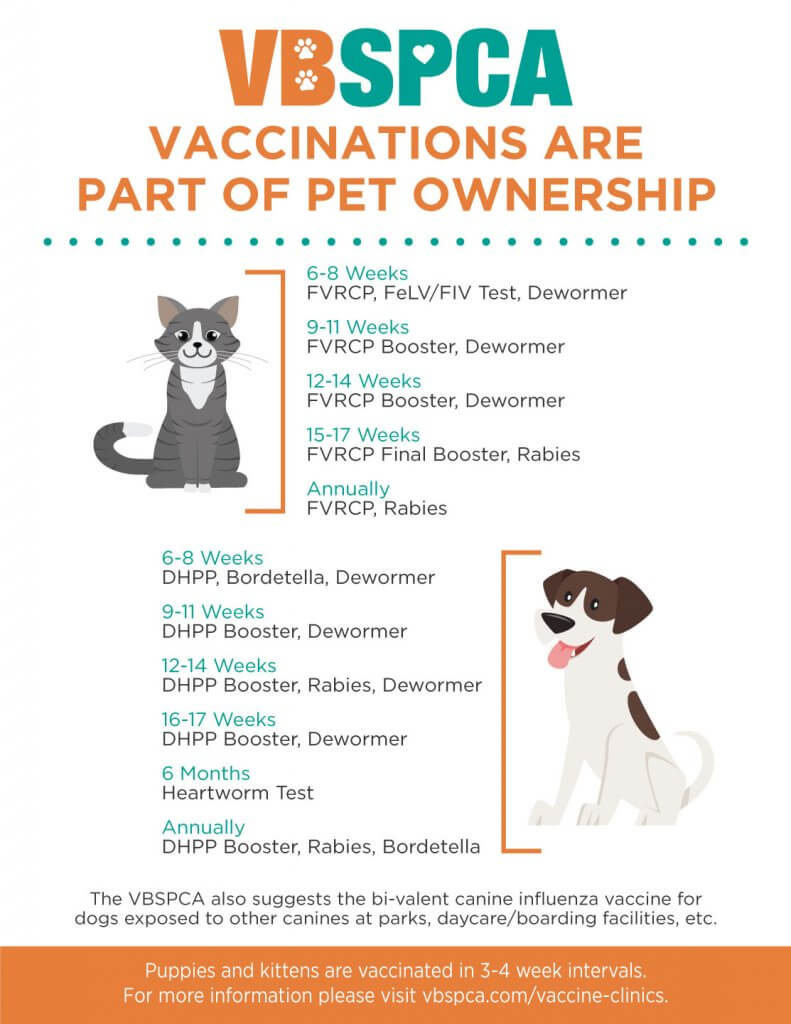
Vaccinations Virginia Beach Spca

Russian Blue 1 Year Old Russian Blue Cat Russian Blue Cats

Cat Immunization Medical Tracker Free Printable Free Cats Pet Health Record Cat Medication

Common Cat Vaccinations And What They Prevent With Schedule Lovetoknow
/adult-cat-vaccination-schedule-4846632_V4-ff36ccb34d74410d9652b4307a26e8b3.png)
What Is The Average Adult Cat Vaccination Schedule

Fort Worth Tx Adorable 1 Yo Female Orange Tabby Kitten For Adoption Fixed Shots Healthy Supplies Adopt Far Kitten Adoption Tabby Kitten Orange Tabby Cats

Ragdoll Reese Willow 1 1 2 Years Old Ragdoll Cat Breed Beautiful Cats Cute Cats

Kitty Mugshot Metal Print By Nicklas Gustafsson Cat Posters Bad Cats Mug Shots
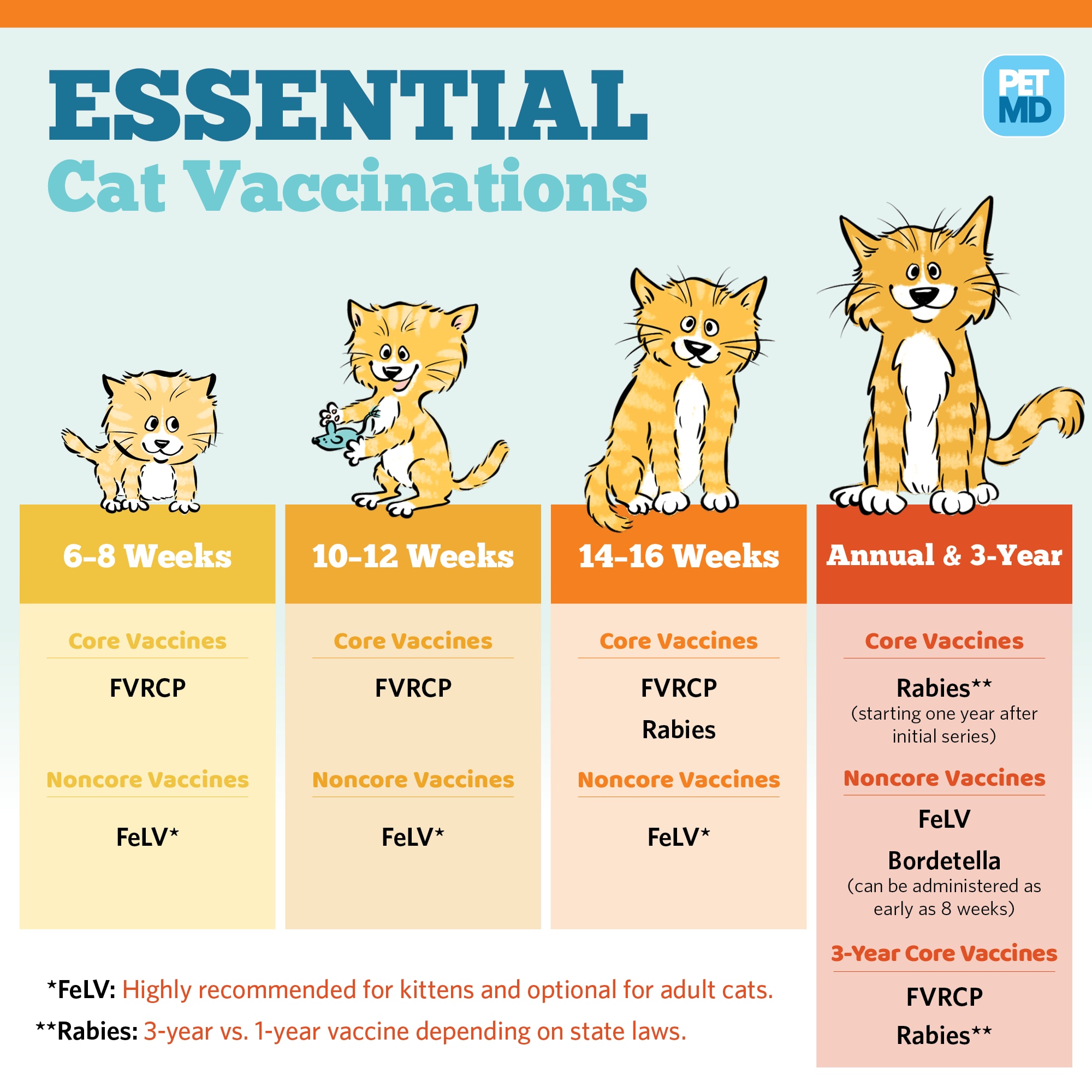
Kitten Vaccinations Vaccination Schedule For Cats Petmd

Kittens Grow And Change A Lot During Their First Year Of Life Find Out What To Expect From Your Kitten Between The Ages Of Cute Cats And Kittens Cats Kittens
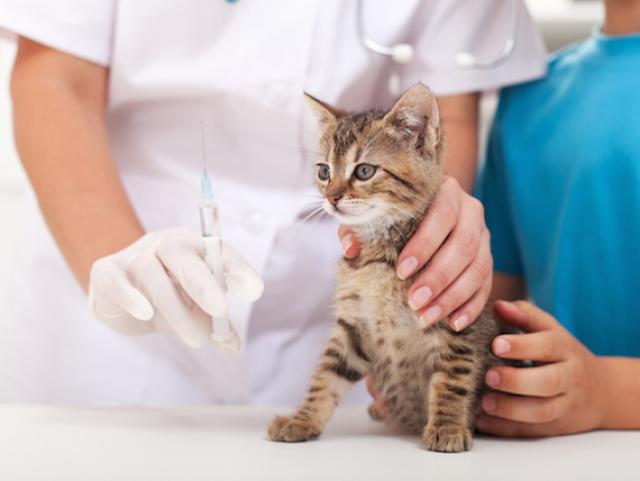
The Frustrating Vaccine Related Fibrosarcoma Injection Site Sarcomas Iss In Cats Petmd

Pin By Alice Jones On Fabulous Felines Persian Cat Cats Cute Cats And Dogs

The Vaccinations Your Cat Must Have Cats Cute Cats Cute Animals
